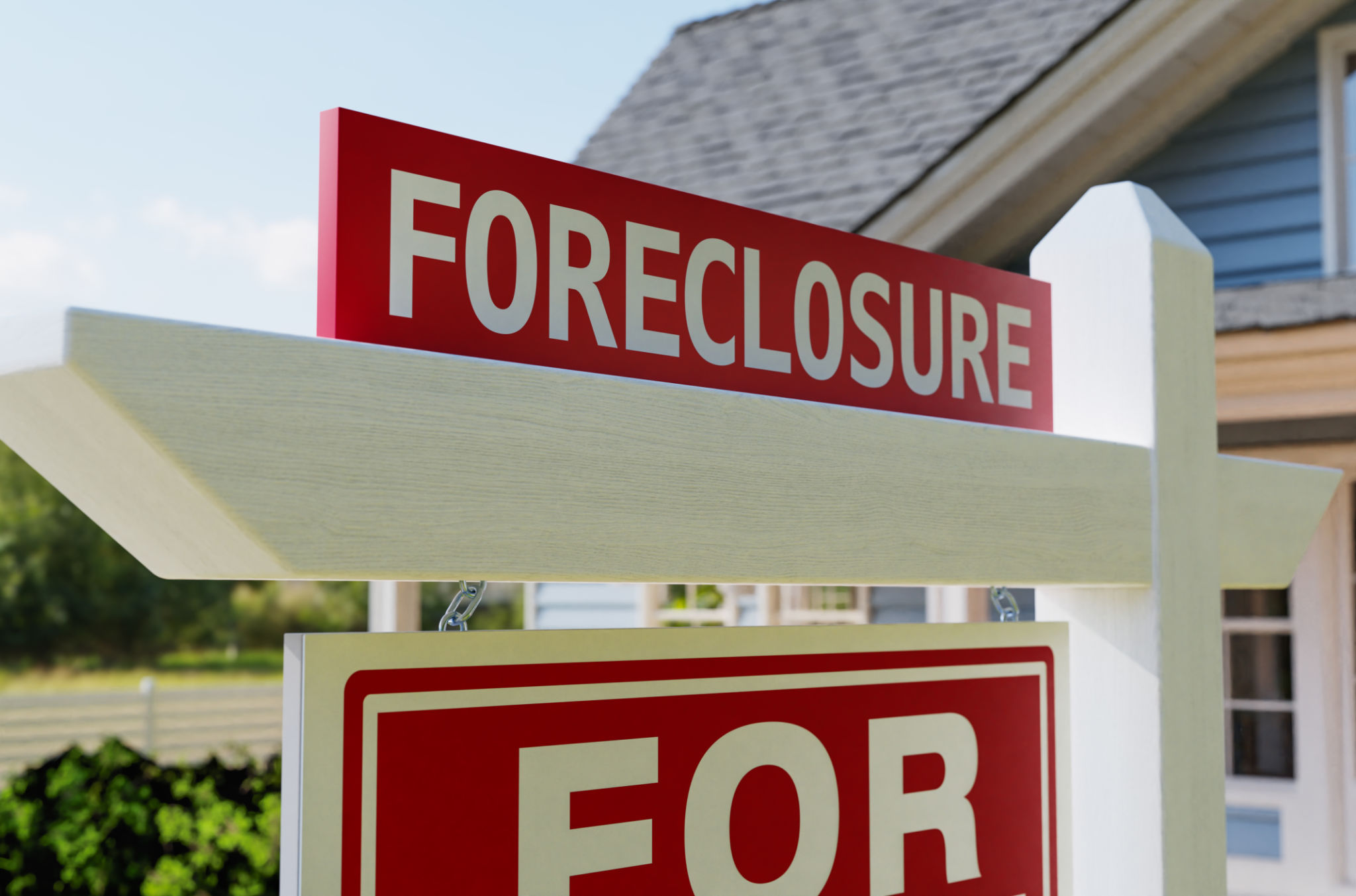Understanding Unclaimed Foreclosure Funds: What Homeowners Need to Know
Understanding Unclaimed Foreclosure Funds
When a property is foreclosed, the sale often results in more money than is needed to cover the remaining mortgage balance and associated fees. These additional funds are known as surplus or unclaimed foreclosure funds. Many homeowners are unaware of these funds and how they might be able to claim them. Understanding the process and your rights as a former homeowner is crucial in potentially reclaiming this money.

What Are Unclaimed Foreclosure Funds?
Unclaimed foreclosure funds are the excess funds left after a foreclosure sale. For example, if a property is sold for $250,000, but the outstanding mortgage and fees total only $200,000, there would be $50,000 in surplus funds. These funds are held by the court or trustee until claimed by the rightful owner of the property.
It's important to note that these funds can only be claimed by certain parties, typically the former homeowner or any junior lienholders. Understanding who is eligible to claim these funds is the first step in ensuring they don't go unclaimed.
Why Do These Funds Go Unclaimed?
There are several reasons why foreclosure funds remain unclaimed. Often, homeowners are simply unaware that they exist. Miscommunication during the foreclosure process or failure to receive proper notifications can also contribute to this issue. In some cases, former homeowners may believe that they have no remaining rights to any money after losing their property.

Steps to Claim Your Funds
If you suspect you might have unclaimed foreclosure funds, it's important to act quickly. Here are the steps typically involved in claiming these funds:
- Research: Start by contacting the court or trustee that handled your foreclosure to inquire about any surplus funds.
- Verify Eligibility: Ensure you're eligible to claim the funds. You may need to provide documentation proving your identity and ownership.
- Submit a Claim: File a formal claim with the court or trustee, providing all necessary documentation.
- Follow Up: Keep in contact with the court or trustee to ensure your claim is processed.
It's advisable to consult with a legal professional if you're unsure about any part of this process. They can provide guidance and help ensure that your claim is filed correctly and efficiently.

Time Limits and Legal Considerations
One critical aspect of claiming unclaimed foreclosure funds is understanding any applicable time limits. Many jurisdictions impose deadlines for claiming these funds, after which they may be forfeited permanently. It's essential to act without delay if you believe you have a claim.
Legal considerations can vary significantly depending on your location, so consulting local laws or seeking legal advice can be beneficial. This ensures that you understand your rights and any obligations involved in the claim process.
The Role of Third-Party Companies
There are companies that specialize in helping former homeowners claim unclaimed foreclosure funds. While they can be helpful, it's essential to be cautious. These companies often charge significant fees for their services, which can eat into the amount of money you ultimately receive.
Before engaging with a third-party service, weigh the costs and benefits carefully. In many cases, homeowners can successfully claim their funds independently with a little research and persistence.
Understanding unclaimed foreclosure funds can potentially provide financial relief for those who have lost their homes. By being informed and proactive, homeowners can take advantage of this often-overlooked opportunity.